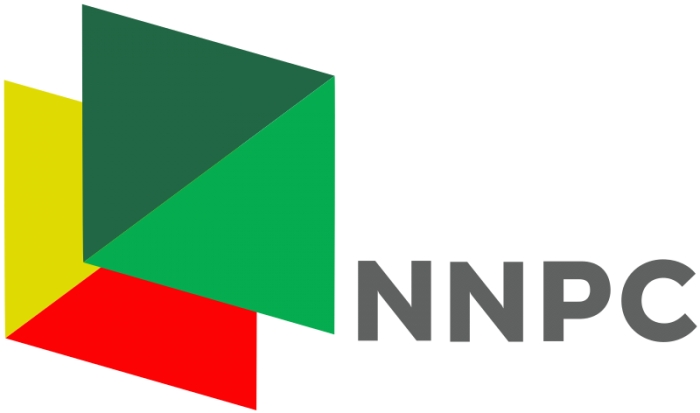The Nigerian National Petroleum Company Ltd (NNPCL) has long been a symbol of mismanagement, corruption, and inefficiency, despite being the custodian of one of the world’s largest oil reserves. The persistent fuel shortages, mounting debts, and inability to fulfill its basic mandate of ensuring energy security have underscored the need for urgent reforms. The recent admission by NNPCL that it is struggling financially—owing international oil traders over $6 billion—highlights the severe crisis facing the company and, by extension, the Nigerian economy.
The NNPCL, now existing under the Petroleum Industry Act (PIA) as a limited liability company, was intended to operate independently of government interference, driven by principles of profitability, transparency, and efficiency. However, it remains shackled by political influence and remains a de facto extension of the government, an "ATM" for the Federal Government, as Atiku Abubakar aptly described it. This state of affairs not only contravenes the PIA's provisions but also perpetuates the same inefficiencies and corruption that have plagued the company for decades.
The Case for Privatization
Listing the NNPCL on the Nigerian Stock Exchange—and possibly on international exchanges—is not just an option; it is an imperative for the revitalization of Nigeria's oil industry and the broader economy. Privatization would bring numerous benefits:
1. Enhanced Transparency and Governance: As a publicly listed company, NNPCL would be subject to rigorous disclosure and governance standards. This would reduce the opacity that has allowed corruption to flourish within the company, fostering a culture of accountability.
2. Attracting Investment and Expertise: By opening up to private investors, including international oil companies, NNPCL can attract the capital and technical expertise needed to overhaul its operations. Successful examples like the Nigeria LNG and Eleme Petrochemicals—both of which have thrived under private management—demonstrate the potential for a restructured NNPCL to become a profitable and efficient enterprise.
3. Economic Growth and Job Creation: Privatization would likely lead to more efficient management of the company’s assets, including its long-comatose refineries. Revitalizing these refineries and other infrastructure could create thousands of jobs, boost local economies, and reduce Nigeria’s reliance on imported petroleum products, thereby improving trade balances.
4. Revenue Generation for the Government: The sale of NNPCL shares would generate significant revenue for the government, providing much-needed funds to address Nigeria's mounting national debt, currently at over N121 trillion. Moreover, a privatized NNPCL that operates efficiently would provide a steady stream of dividends and taxes to the government, rather than being a drain on the national budget.
5. Stabilizing the Oil Sector and Economy: With NNPCL’s financial woes directly contributing to fuel shortages and economic instability, privatization could stabilize the company, ensuring consistent fuel supplies, more predictable pricing, and greater energy security. This stability is crucial for the broader economy, which remains heavily reliant on oil revenues.
The Road Ahead: Privatization with Integrity
For privatization to succeed, it must be carried out with transparency and integrity. The process should involve reputable international institutions to ensure that the valuation, listing, and share distribution are handled professionally and without undue influence. It is essential that politically exposed persons and entities connected to past and present governments be excluded from acquiring significant stakes in the company, to prevent the perpetuation of the very issues that privatization seeks to resolve.
Moreover, the mistakes of past privatizations—such as the power sector, where inadequate investors left the country with underperforming distribution companies—must be avoided. The government must ensure that only credible investors with the necessary capital and expertise are involved in NNPCL’s privatization.
The NNPCL, as it currently operates, is a relic of Nigeria’s past, marred by corruption and inefficiency. Privatization offers a path forward, transforming the company into a profitable and transparent enterprise that can contribute positively to Nigeria’s economy. It is time for the government to muster the political will to divest itself of control, allowing NNPCL to truly operate as a private company, free from the shackles of political interference. The benefits of such a move—to the oil industry, the Nigerian economy, the people, and the government—are too significant to ignore.


































































